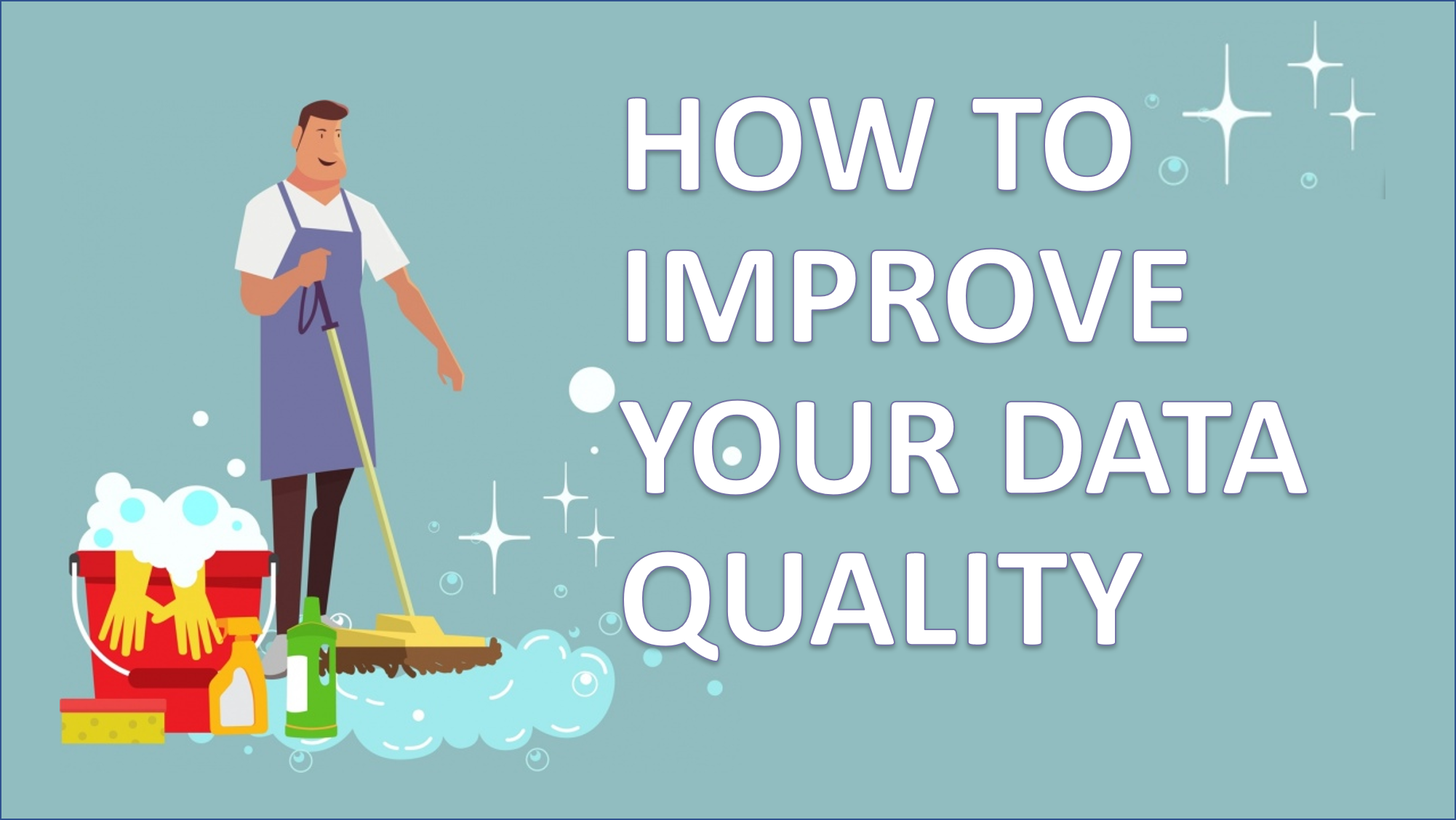Improve your data quality

It may be that you find data quality issues in your Council too and that you want to be able to tackle data quality issues. In a previous role I was responsible for Council performance management and we had only rudimentary tools to tackle the issues, but some of our solutions then are still the same actions that can be taken today.
There are many potential reasons for poor quality data, including:
- Too much data collected; without clear reasons or purposes people and system short cuts and more time collecting data rather than quality data
- Too much manual data; leading to too much time passing documentation and introducing errors when transcribing
- Local interpretation of definitions, fields and reporting requirements; leading to incomparable data
- Lack of use of information: creating no connections between reporting and actions and leading to no incentive to improve quality
- Fragmentation of information systems; data held by different systems in different departments or held by service providers outside of the Council
Improving data quality is a long-term task. The first thing to do is look at what can be improved immediately and directly. Then plan for changes that need to take place at the Council-wide level, particularly with regard to new services and in efficiency programmes. The City of Bad Hersfeld in Germany used such an approach and incorporated data standards and sharing obligations in all new procurement.
At the more immediate level there are steps you can take to improve data quality, consider:
- Automate data collection wherever possible. A note from my own experience was to discover that officers were using manual forms to recapture data from reporting systems (sigh).
- Simplify and harmonise data collection forms.
- Promote information use at local level, in other words, don’t just report upwards to Cabinet but report back to local teams. How does the service compare to itself, this time last year, what does the trend regression analysis say (is it time to wave a flag or to acknowledge good performance?).
- Develop routines on checking data quality, look for data gaps, also for unexpected values …, sudden upturns can just mean a missing decimal point (true story).
- Include data quality in training.
- Ensure you ask for all the data you need, especially from service providers (they mostly do have it, in systems already).
However, making your manual systems work well will only take you so far. Taking you data to the next level you need to consider how to stop spending on its collection and instead how to get value from it. That’s something we do in over 50 cities around the world with our urban data platform [ui!] UrbanPulse. If its something you want to do or find out more about, then contact me today.
Antony Page This email address is being protected from spambots. You need JavaScript enabled to view it.